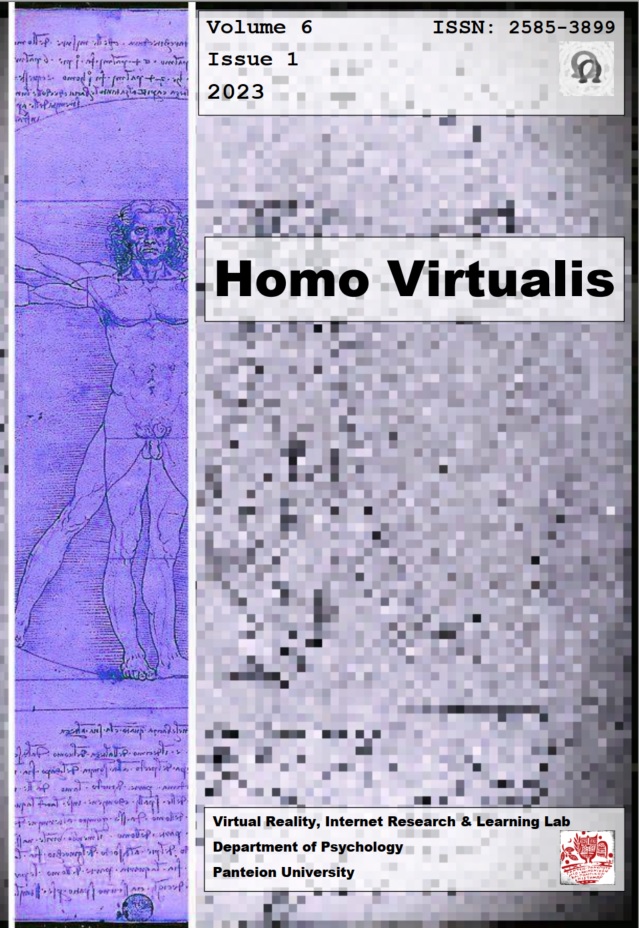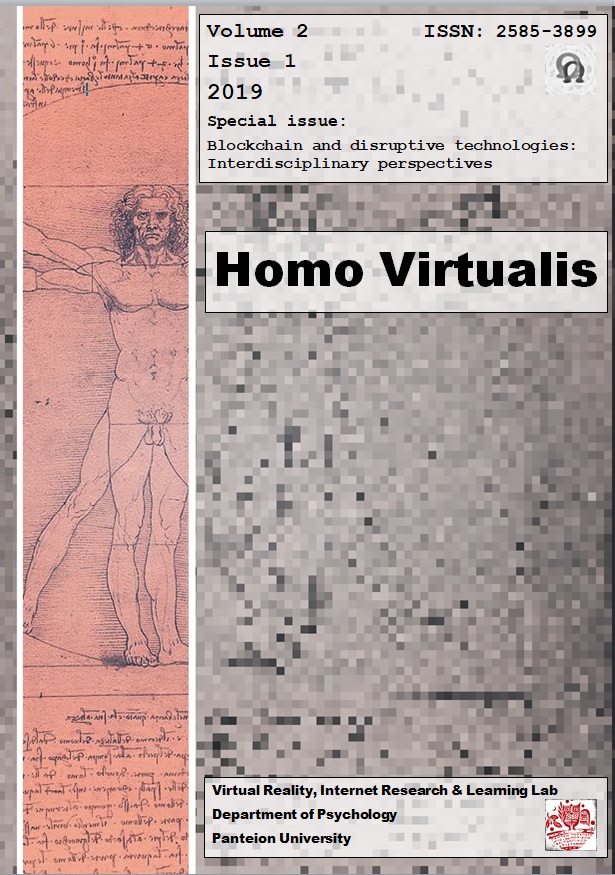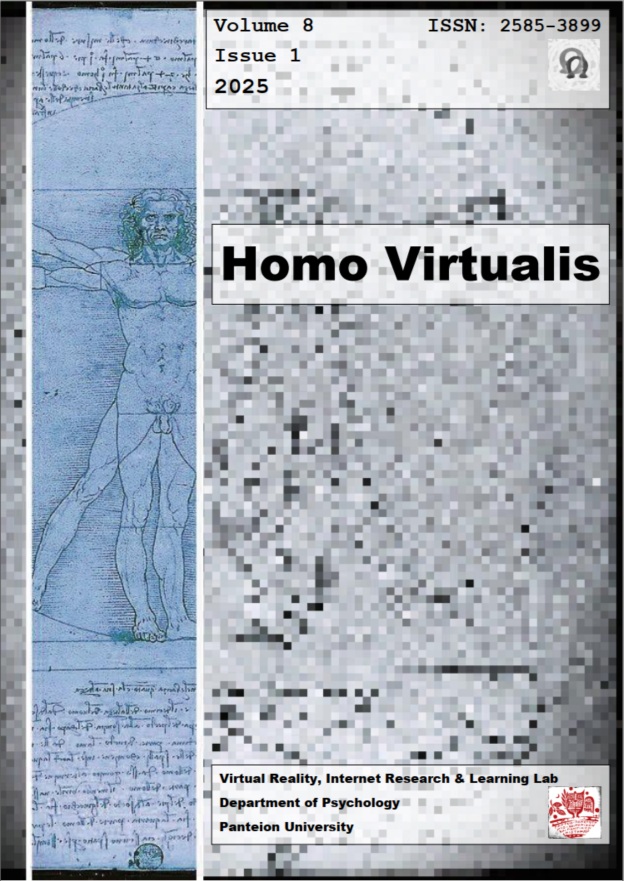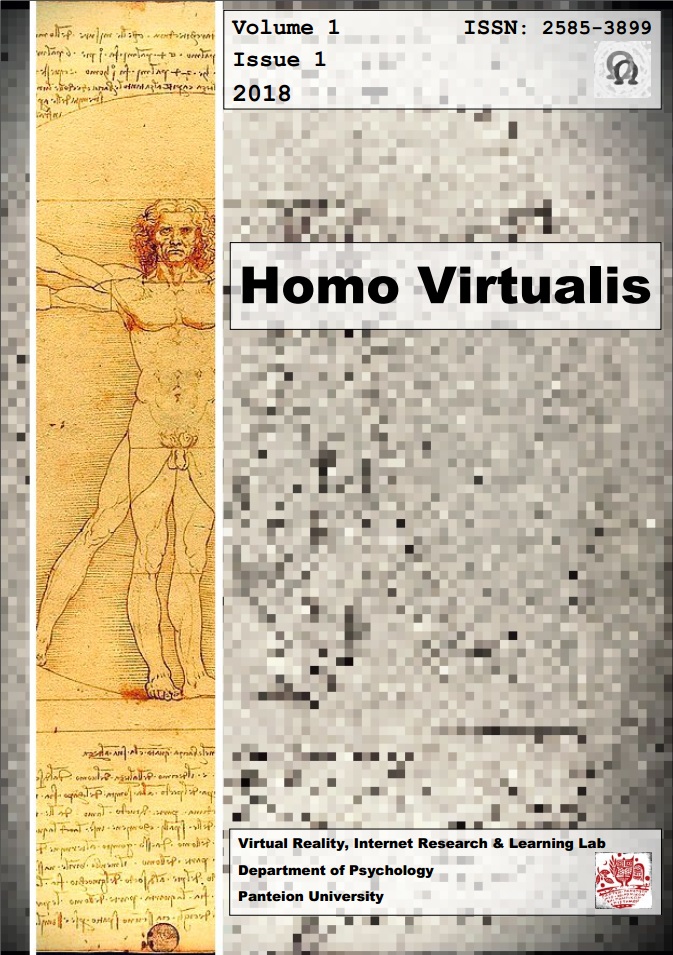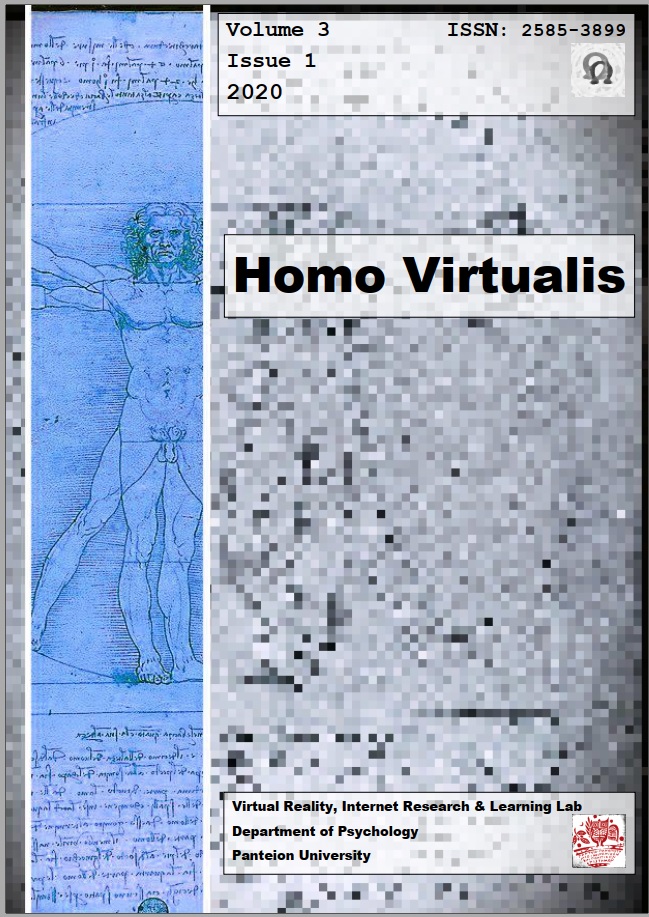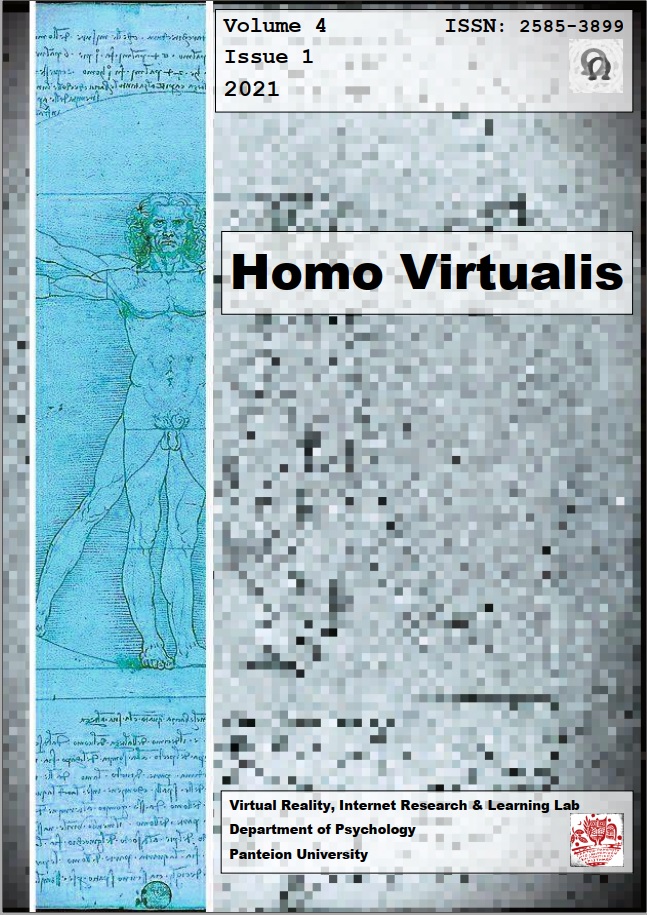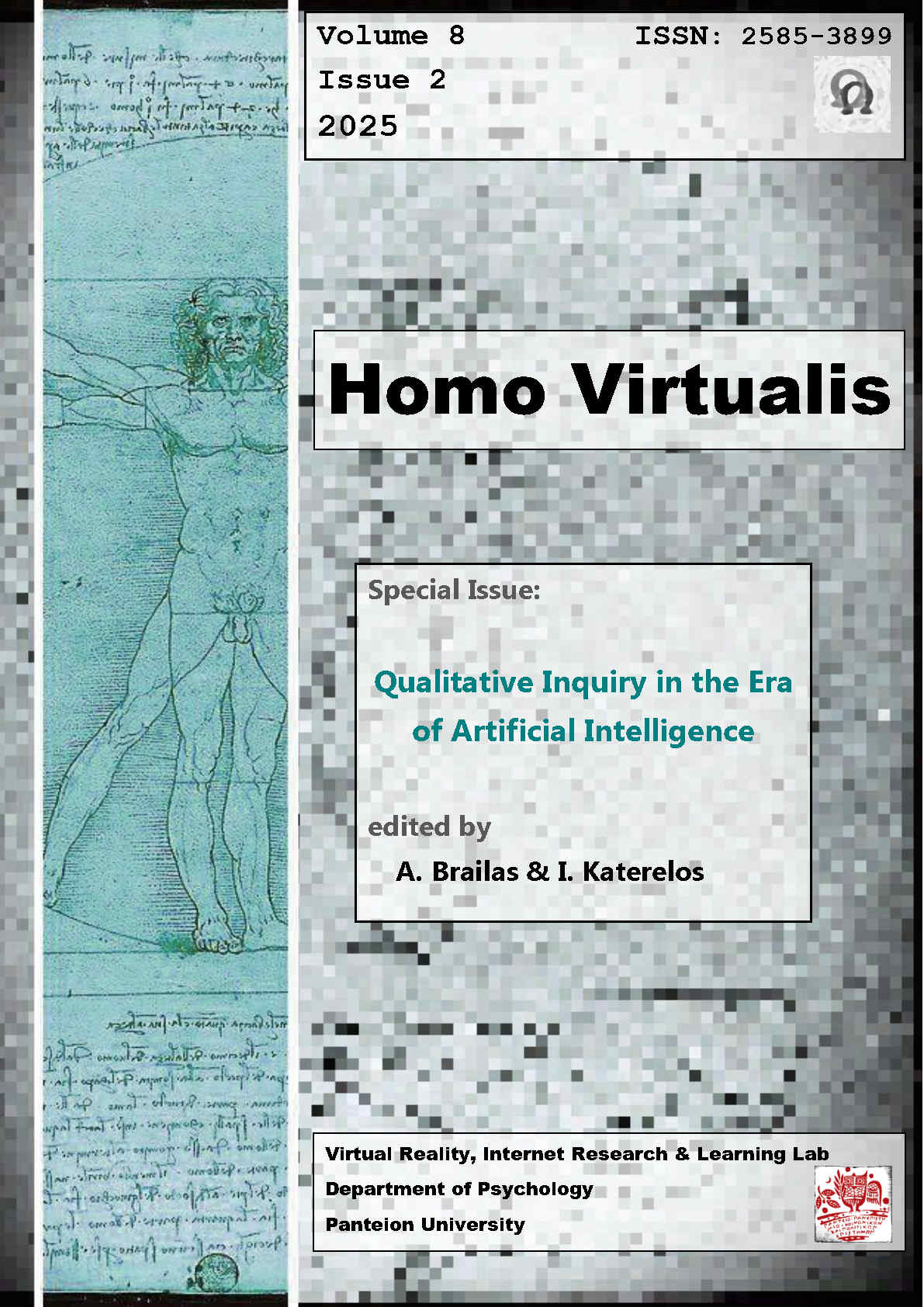Gaming in multicultural classrooms with refugee and migrant children: Exploring the potential of culturally tailored serious games as spaces for second language acquisition
Περίληψη
Due to the emergence of technology and people’s dependence on it, coupled with global human flows causing intense student mobility in schools, the need for a new educational paradigm arises. On the one hand, people are becoming increasingly reliant on the satisfaction modern screens provide, and all other stimuli seem uninteresting and dull. In these terms, traditional educational methods appear outdated and ineffective for the modern classroom. Today, education is a critical factor influencing and preparing people to become citizens of a world without borders. Moving in this direction, educational tools should be diversified and adjusted to a multicultural context so that all students can emotionally relate and identify themselves with the knowledge they are taught. The use of gaming in education is a popular new addition to modern classrooms. This article will present the results of a research project that investigated the potential use of serious games in multicultural environments as a space for the acquisition of English as a second language. More precisely, the study focused on the culturally-tailored content of serious games and their ideal design features, according to English teacher practitioners working with refugee and migrant populations in Trikala, Greece.
Λεπτομέρειες άρθρου
- Πώς να δημιουργήσετε Αναφορές
-
Panagou, K., & Brailas, A. (2023). Gaming in multicultural classrooms with refugee and migrant children: Exploring the potential of culturally tailored serious games as spaces for second language acquisition. Homo Virtualis, 6(1), 72–93. https://doi.org/10.12681/homvir.35966
- Ενότητα
- Ερευνητικές Εργασίες

Αυτή η εργασία είναι αδειοδοτημένη υπό το CC Αναφορά Δημιουργού 4.0.
Οι συγγραφείς των άρθρων που δημοσιεύονται στο περιοδικό διατηρούν τα δικαιώματα πνευματικής ιδιοκτησίας επί των άρθρων τους, δίνοντας στο περιοδικό το δικαίωμα της πρώτης δημοσίευσης.
Άρθρα που δημοσιεύονται στο περιοδικό διατίθενται με άδεια Creative Commons 4.0 και σύμφωνα με την άδεια μπορούν να χρησιμοποιούνται ελεύθερα, με αναφορά στο/στη συγγραφέα και στην πρώτη δημοσίευση για μη κερδοσκοπικούς σκοπούς.
Οι συγγραφείς μπορούν να καταθέσουν το άρθρο σε ιδρυματικό ή άλλο αποθετήριο ή/και να το δημοσιεύσουν σε άλλη έκδοση, με υποχρεωτική την αναφορά πρώτης δημοσίευσης στο περιοδικό
Οι συγγραφείς ενθαρρύνονται να καταθέσουν σε αποθετήριο ή να δημοσιεύσουν την εργασία τους στο διαδίκτυο πριν ή κατά τη διαδικασία υποβολής και αξιολόγησής της.

